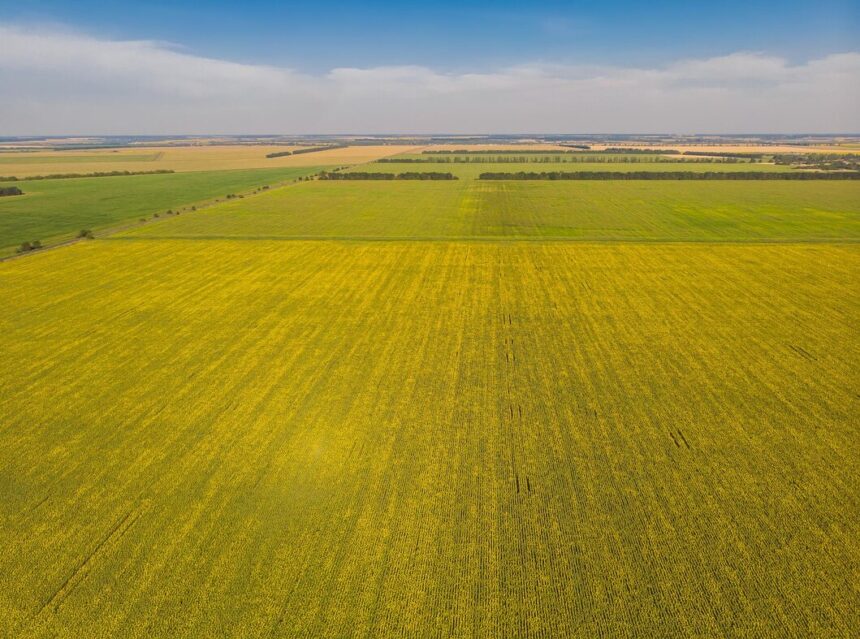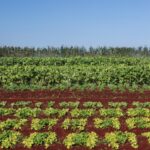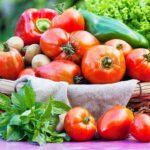In South Africa, ensuring that agricultural products are traceable throughout the supply chain is crucial for food safety, sustainability, and market competitiveness. Traceability allows stakeholders to track the production, processing, and distribution of agricultural goods, ensuring transparency and accountability. Here are 10 ways South Africa can improve traceability in its agricultural sector:
1. Implement Digital Record-Keeping Systems
A key step towards enhancing traceability is adopting digital systems to replace traditional paper-based record-keeping. Digital platforms streamline data collection, making it easier for farmers, processors, and retailers to track the origin, quality, and movement of products. Cloud-based software solutions and mobile applications can offer affordable, accessible tools for South African farmers, even in rural areas.
2. Use Blockchain Technology
Blockchain technology ensures an immutable and transparent record of all transactions in the supply chain. By using blockchain, agricultural products can be traced from farm to fork. Each transaction is logged in a decentralized ledger, reducing the risk of fraud or data manipulation. This can also boost consumer confidence by providing tamper-proof traceability.
3. Adopt Unique Product Identification Systems
Assigning unique identification numbers or QR codes to products at every stage of production allows for better traceability. These IDs can carry essential information such as the farm of origin, harvesting date, and processing details. This system can help identify issues such as contamination quickly, enabling recalls if necessary and reducing food safety risks.
4. Utilize IoT (Internet of Things) Devices
IoT devices like sensors and GPS trackers can provide real-time data on the location, condition, and handling of agricultural products throughout the supply chain. For instance, sensors can monitor temperature and humidity during transportation, ensuring perishable goods like fruits and vegetables remain fresh and safe to consume.
5. Enhance Collaboration Across the Supply Chain
Traceability requires a collective effort from all stakeholders, including farmers, processors, distributors, and retailers. Establishing a cooperative network where each party can share and access information on product movements helps maintain a seamless traceability system. Encouraging collaboration can reduce data silos and ensure consistent traceability throughout the chain.
6. Integrate GPS and Satellite Data
Geographic Information System (GIS) technology and satellite data can be used to track the exact locations of farms and monitor crop growth. By integrating GPS tracking into transport systems, stakeholders can keep tabs on the movement of goods from farms to processing plants and markets. This reduces the risk of tampering and ensures that products are sourced from the correct location.
7. Strengthen Regulatory Frameworks
Government policies and regulations play a significant role in enforcing traceability standards. South Africa should enhance existing agricultural policies by establishing clear traceability requirements for different types of products, particularly those destined for export markets. Strengthening regulatory frameworks will ensure that all stakeholders comply with traceability protocols.
8. Promote Education and Training
Farmers and other stakeholders in the agriculture sector need to be educated on the importance of traceability and how to implement it effectively. Offering training programs on the latest traceability tools and techniques can empower them to participate fully in traceability initiatives. Training should also focus on the benefits of traceability for improving product quality and gaining access to international markets.
9. Establish Public-Private Partnerships
Public-private partnerships (PPPs) can drive innovation in traceability systems. By collaborating with technology providers, industry groups, and government agencies, the agricultural sector can access the latest tools and best practices for traceability. PPPs can also foster the development of infrastructure and resources needed for widespread adoption of traceability systems.
10. Encourage Consumer Participation
Consumers are increasingly demanding transparency about the origins and quality of the food they consume. South African farmers and retailers can improve traceability by making information accessible to consumers. QR codes on packaging that reveal the history of a product or mobile apps that allow consumers to track products back to their source can help create a culture of transparency.
Improving traceability in South African agriculture is essential for meeting food safety standards, ensuring consumer confidence, and maintaining competitiveness in both local and global markets. By adopting technological innovations, fostering collaboration, and strengthening regulatory frameworks, the country can build a robust traceability system that benefits all stakeholders in the agricultural value chain.
Join 'Farmers Mag' WhatsApp Channel
Get the latest Farming news and tips delivered straight to your WhatsApp
CLICK HERE TO JOIN






